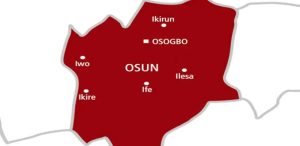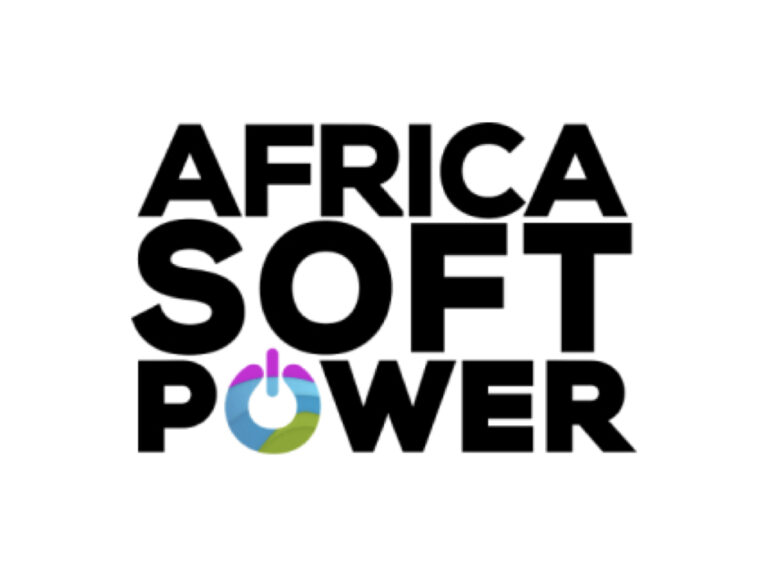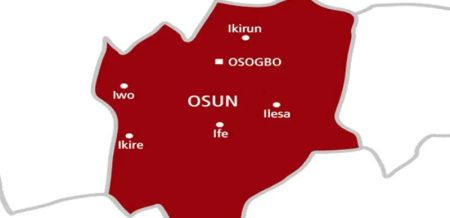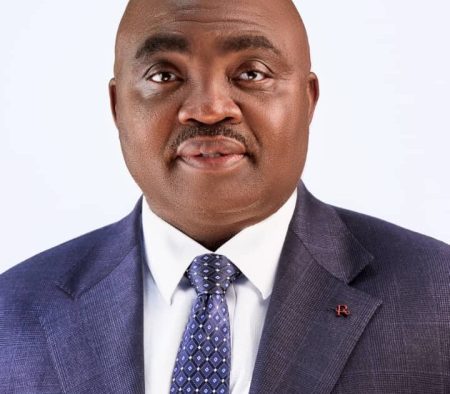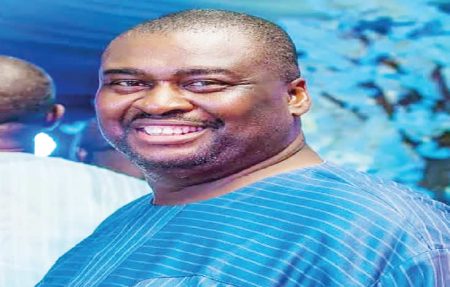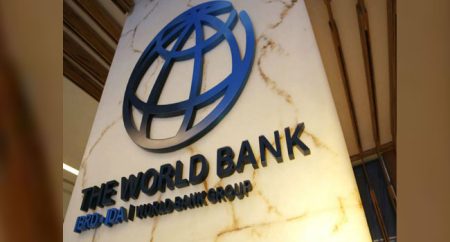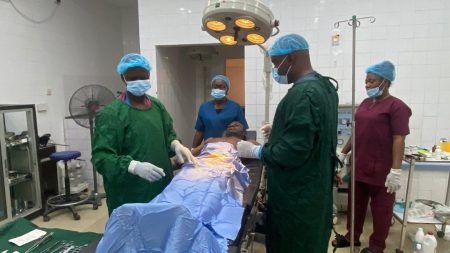The 2025 Africa Soft Power Summit, held in Nairobi, Kenya, underscored the critical link between local innovation, robust infrastructure, and Africa’s long-term economic prosperity and global competitiveness. The summit, themed “Africa’s Growth Engine: Aligning the Flow of Money, Innovation, and Global Opportunities,” convened a diverse assembly of policymakers, business leaders, creatives, and technologists. A central message emerged from the discussions: Africa must harness its own ingenuity and resources to drive inclusive and sustainable development, shifting away from reliance on external solutions and embracing a distinctly African narrative.
A key theme resonating throughout the summit was the imperative for homegrown innovation supported by robust and accessible infrastructure. Dr. Nkiru Balonwu, founder of the Africa Soft Power Group, emphasized the need for African-led solutions tailored to the continent’s unique context. This sentiment was echoed across various sectors, from digital finance and artificial intelligence to the creative economy, highlighting the need for solutions that address African challenges with African expertise. The discussions emphasized the inadequacy of seeking solutions from outside and underscored the vital role of reliable, inclusive infrastructure in nurturing local innovation.
The summit dedicated significant attention to institutionalizing gender equity, moving beyond superficial representation toward systemic change. Naisula Lesuuda, a Kenyan Member of Parliament, cautioned against “inclusion fatigue” and performative gestures, urging organizations to embed equity within their leadership structures. Mary Mulili, Executive Director at United Bank for Africa Kenya, reinforced this call, advocating for a fundamental shift in how leadership opportunities are presented to women. The discussions emphasized the importance of creating pathways for women to ascend to leadership positions, fostering an environment where their contributions are valued and their voices amplified.
Technology and innovation took center stage at the Creative & Innovative Industries Conference, a key component of the summit. Discussions spanned a wide range of topics, including digital finance, artificial intelligence, film, and wellness, showcasing Africa’s burgeoning influence in these sectors. Philip Ikeazor, Deputy Governor of the Central Bank of Nigeria, highlighted the efforts of regulators across the continent to update frameworks supporting digital finance, emphasizing the dual goals of expanding access and ensuring stability. He underscored the crucial role of infrastructure, particularly reliable power and robust digital payment systems, in connecting capital to innovation.
The conversation around artificial intelligence focused on the need for an African-centric approach. Dr. Seydina Moussa Ndiaye, President of the Senegalese Association for Artificial Intelligence, stressed the importance of Africa defining AI on its own terms, emphasizing control over data and infrastructure. Lorna Omondi, representing Google Research Africa, encouraged African developers to actively participate in AI ecosystems, highlighting the potential of open-source models for inclusive technological advancement. These discussions underscored the need for Africa to shape the development and application of AI in a way that aligns with its own values, priorities, and developmental needs.
The creative economy, particularly film, was recognized as a powerful engine for growth. Kola Aina, Founding Partner at Ventures Platform, emphasized the need for African film projects to be authentic, contextual, and commercially viable to attract substantial investment. He called for improvements in data collection, distribution channels, and de-risking mechanisms. Filmmaker Judy Kibinge critiqued the global predilection for negative portrayals of Africa, advocating for diverse human stories that resonate on a global scale. The pervasive issue of piracy was also addressed, with Michael Strano of the Partners Against Piracy Association of Kenya highlighting the significant financial losses incurred by the Kenyan film industry due to piracy, which undermines investor confidence.
Beyond film, the summit explored the economic potential of the beauty and wellness industries, particularly their role in empowering women entrepreneurs and creating local jobs. These sectors were recognized for their growing contribution to expanding healthcare access and bolstering community resilience. The discussions highlighted the importance of supporting these industries to maximize their positive impact on local economies and communities. Further discussions focused on leveraging remittances, advocating for a shift from individual transfers to structured investments. This transformation, participants argued, requires policy alignment, interoperability across financial systems, and increased transparency to ensure that funds support climate adaptation and small business development. The summit concluded with a call for African leaders to articulate a unified vision, embrace innovation that reflects the continent’s realities, and actively shape Africa’s narrative on the global stage. The organizers emphasized that Africa’s soft power resides in its people, its ideas, and its capacity for homegrown innovation. Unlocking sustainable growth, they asserted, requires building systems and narratives that are authentically African – designed by Africans, for Africans, and trusted globally.


